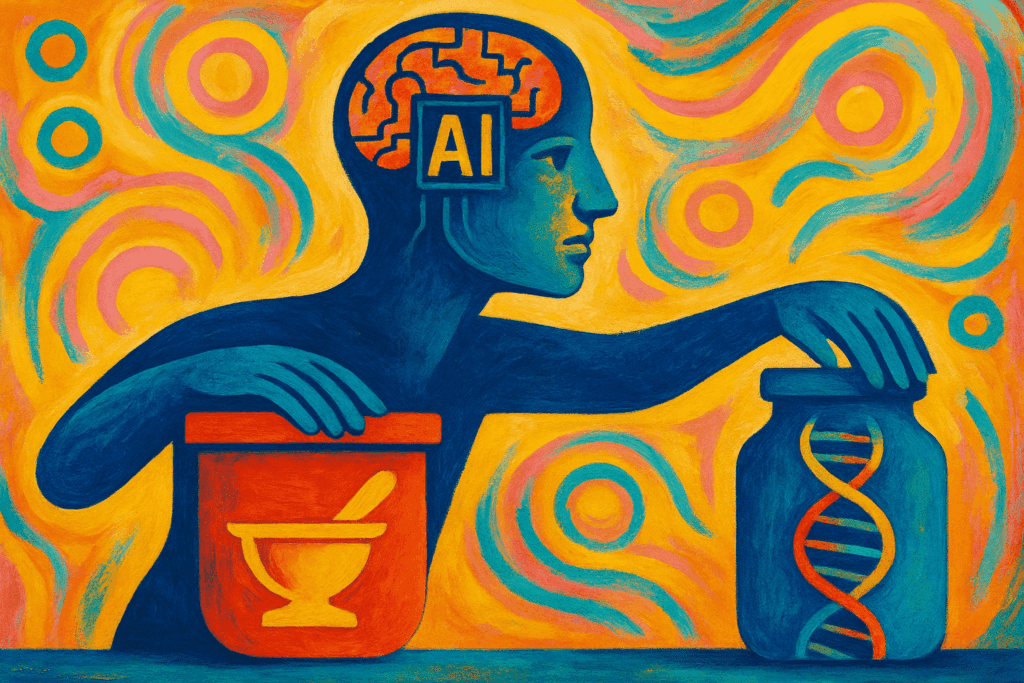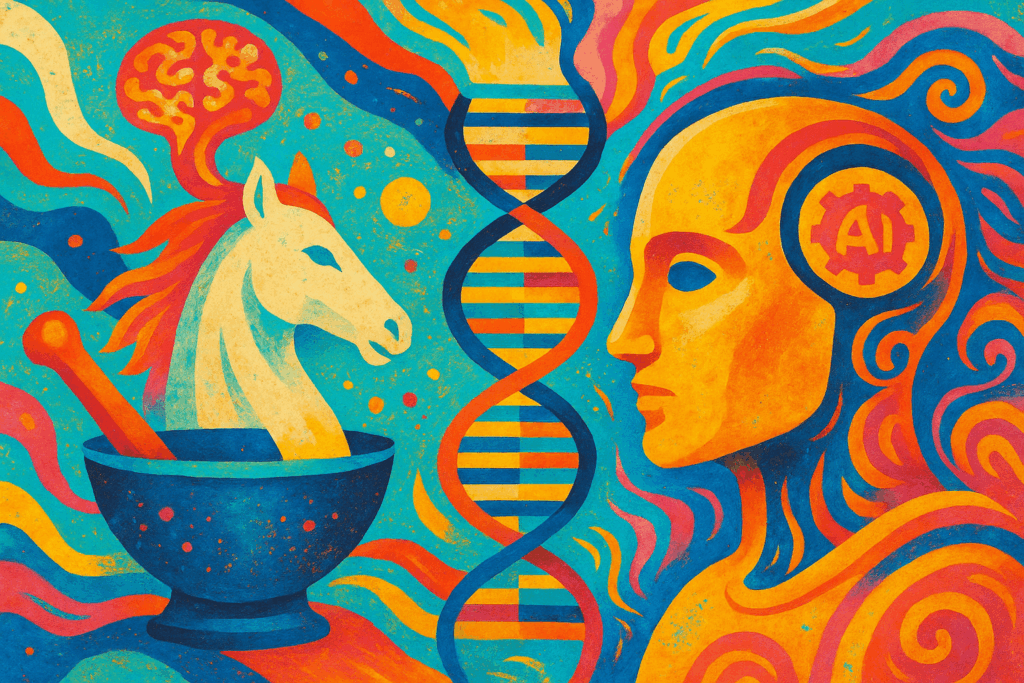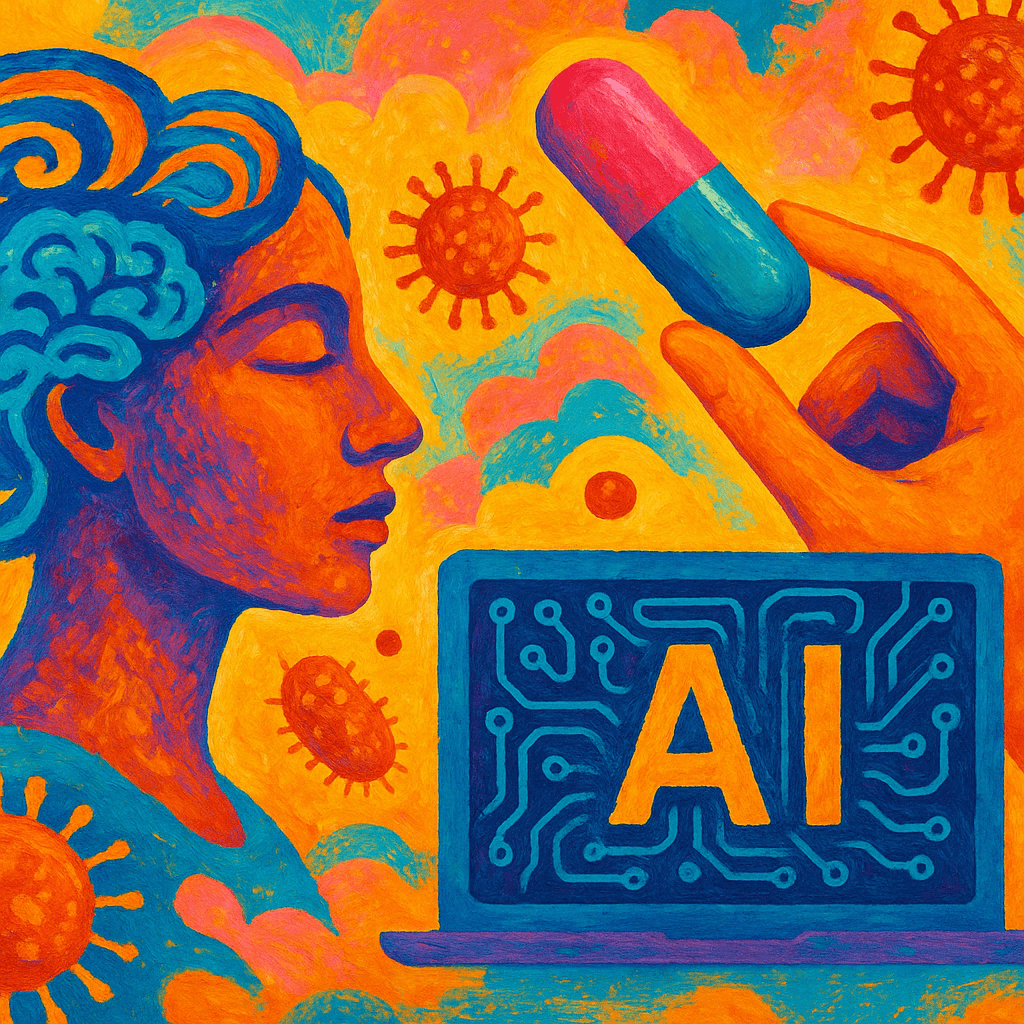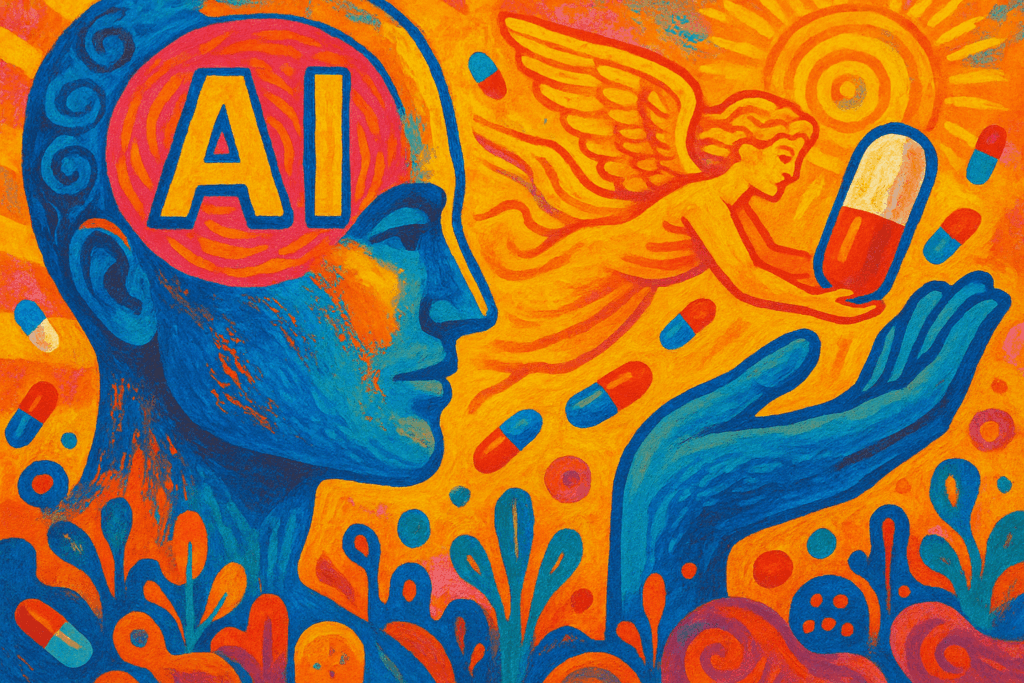AI Reshapes Drug Development: Bridging the Pharma Divide
Artificial intelligence (AI) is swiftly transforming drug development, merging the traditionally distinct approaches of large pharmaceutical companies and agile biotech startups. By leveraging real-world evidence (RWE) and adopting flexible partnership models, AI accelerates innovation cycles, reduces costs, and mitigates risk, effectively narrowing the innovation gap that once defined the biopharma landscape.
Key AI Impacts Accelerating Innovation
Rapid Discovery and Target Identification
AI-driven tools analyze vast genomic and biomarker datasets, enabling virtual compound screening that significantly shortens discovery timelines. Platforms such as AlphaFold demonstrate AI’s proficiency in predicting protein structures, while companies like Insilico Medicine deploy machine learning to prioritize therapeutic targets, yielding faster and more cost-efficient advances during early-stage research.
Smarter Clinical Trials
Innovations including digital twins and predictive analytics optimize patient selection and forecast clinical outcomes and adverse events. These technologies streamline protocols and improve trial efficiency, compressing timelines while increasing confidence in therapeutic safety and efficacy.
Integrated Data and Regulatory Efficiency
The integration of RWE with clinical trial data provides comprehensive insights that support decision-making throughout development. AI also automates regulatory workflows, expediting submissions and bolstering compliance with evolving standards, which accelerates approval processes across markets.
New Collaborative Business Models
The rise of AI-centric partnerships links big pharma’s resources with biotech’s agility. Option-based agreements and agile R&D pipelines foster shared risk and reward, promoting flexible innovation that leverages complementary strengths. This collaboration unites expertise, technologies, and data to bring therapeutics to market more effectively.
The Future: AI as the Core Engine
AI is cementing its role as the driving force behind drug research and development. By reducing uncertainty and speeding progression from discovery through approval, AI reshapes traditional pharma dynamics, knitting together the strengths of large and small companies alike. This strategic convergence promises a more unified, efficient ecosystem capable of delivering new therapies faster and with lower risk.




